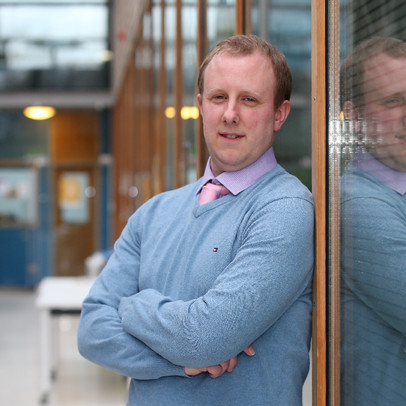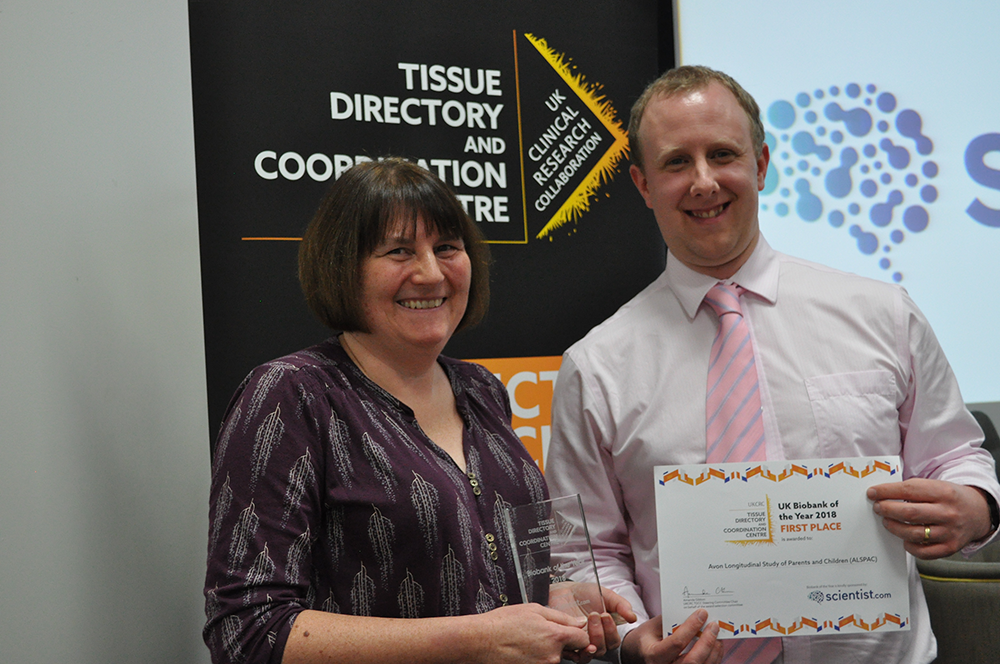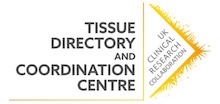Spotlight on: Phil Quinlan
In our latest blog post we meet our Director, Phil Quinlan, to find out more about his role and future work at the UKCRC Tissue Directory and Coordination Centre (TDCC).
What is your role and what does it involve?
I am the Director of the UKCRC Tissue Directory and Coordination Centre having taken over from Dr. Anne Carter in early 2016. As the UKCRC TDCC is also the national node within BBMRI-ERIC, I am also the National Node Director for BBMRI.uk.
My main responsibilities are to oversee the strategic direction of the project and to ensure we are delivering on our exciting goals and objectives. These help ensure that UK biobanks are visible for the research community. The field is quite complex, with a wide range of stakeholders, and part of my role is to ensure that I understand the various needs, concerns and opportunities around. I am here to direct the project to deliver on the aims of the Funders' Vision.
The University of Nottingham is where the technical team are based who are over-seeing the development of the UKCRC Tissue Directory and API work. This will enable biobanks to submit data to our Directory with ease. My role there is to give some technical insight but to communicate with our wider team and ensure the deliverables are on track and have this communicated to our fantastic engagement team based at UCL.

How long have you been at the UKCRC TDCC and what did you do before?
I’ve been with the UKCRC TDCC from the start, going back to 2014. That was also an interesting period for me as I had recently moved from the University of Dundee to the University of Nottingham. During my time in Dundee I ran the Breast Cancer Campaign Tissue Bank that was based at the Tayside Tissue Bank (now called the Tayside Biorepository). My experience in biobanking goes back to 2004 when I graduated from the University of Dundee in Applied Computing and took what I thought would be a short term role to help the local tissue bank develop a database. Ten years later I was still there, developing a wider data analytics platform to analyse the data generated from the data, and integrating data from across the UK breast cancer biobanks.
Whilst I was in Dundee I completed my PhD on the use of argumentation to help analyse data from the tissue bank. This form of Artificial Intelligence is pretty cool, check out the video (left) to see what IBM have done with this same technology.
What working achievement are you most proud of?
Getting the UKCRC TDCC refunded was a major highlight of my career. Too often we have seen coordination efforts initiated but after a few years they end. I think it is testament to the efforts of the team, that we made so much progress in the early years, to build the momentum that we now enjoy. The Tissue Directory was launched in that first phase but it also gained recognition when registration was made a condition of favourable ethical permission for research tissue banks.
I feel like we have approached this problem slightly differently and I am proud of the achievements we have made. We are a small team but incredibly focused on our goal. We have the right mix of the technical know-how, domain insight and engagement expertise to make this work.
Tell us about a project you are working on which is top of your to-do list?
Health Data Research UK is a major new investment in UK data science expertise within the health care domain. I am working hard on ensuring that the work to coordinate the UK's biobanks can benefit from this wider investment. We are aware that a significant challenge for biobanks is the collection of the necessary data that accompany the samples. I am a big believer in perceiving biobanks as data resources which also collect samples, rather than sample resources which collect data. For this reason I am pleased that within my role as an Associate Director of HDRUK I can ensure biobanks can have the opportunities to connect to the UK's health care resources. This will ensure that the incredible altruistic act made by people when they donate samples and data can be translated into new medical advancements.

What do you like about your job?
The feeling that we are making a difference is very rewarding. When you are caught in the detail it is too easy to think that progress has not been made but looking back at our achievements, the progress we have made as a team is incredible. As a relatively young team and a group which can be defined by the title of 'non-traditional academic' I am very proud the progress we are making together and the recognition we are receiving.
What is the worst part of your job?
The hardest part of this role is realising that you cannot please everyone in our work. We have a complex range of stakeholders and sometimes we need to make some hard decisions. We realise that researchers require increasing amounts of data in order to know if a biobank may be suitable for their research, but we also realise if we increase the amount of data required to register we place an increasing workload on biobanks. Therefore we have to find compromise, and make small steps forward rather than making large step-change movements that can alienate groups. We do not always get that right, and that is definitely the worst part when it happens. We do really want to hear from everyone, so get in touch if you want to share you opinion.
If you'd like to hear more about Phil's work at the UKCRC TDCC sign up to our newsletter for seasonal newsletters.
